California has filed a lawsuit against ExxonMobil alleging it falsely promoted the recyclability of plastic, becoming the first US state seeking to hold an oil major accountable for plastic pollution.
The lawsuit alleges Exxon, one of the world’s largest producers of plastic, deceived the public for half a century about the sustainability of its plastic products. The lawsuit seeks damages from the oil group for harms inflicted from plastic production.
“For decades, ExxonMobil has been deceiving the public to convince us that plastic recycling could solve the plastic waste and pollution crisis when they clearly knew this wasn’t possible,” said California attorney-general Rob Bonta in a statement. “ExxonMobil lied to further its record-breaking profits at the expense of our planet and possibly jeopardising our health.”
Exxon did not immediately respond to a request for comment.
The allegations arrive as plastics play a growing role in supporting oil demand and as the UN prepares to broker in late November the world’s first binding agreement to cut plastics pollution in South Korea, a deal that has been likened to the 2015 Paris climate agreement.
Global consumption of plastic, a primary driver of petrochemicals demand, is expected to triple by 2060, according to the OECD, reaching 1.3bn tonnes. China was the largest producer of plastics last year, surpassing North America by a slim margin, according to S&P Global Commodity Insights.
The International Energy Agency cites the petrochemicals sector as the “single largest contributor” to oil demand growth for the next four years as the electrification of power and transport sectors curb the global thirst for crude. The plastics industry is expected to make up 10 per cent of global emissions by mid-century, up from 5 per cent in 2019, according to a report from the Lawrence Berkeley National Laboratory.
California’s lawsuit against Exxon follows the investigation it launched into the fossil fuel and petrochemicals sectors and their role in plastic pollution in 2022. A group of non-profit organisations including Sierra Club and Surfrider Foundation filed a similar lawsuit on Monday targeting Exxon for misleading claims about its plastics business.
State and local governments are increasing efforts to hold companies accountable for plastic waste. Earlier this year, New York attorney-general Letitia James sued PepsiCo, demanding the food and drinks company reduce its plastic pollution and pay for damages.
Developing countries, environmentalists and businesses have called for a limit on plastic production to be included in the final UN plastics treaty expected by the end of the year, arguing that relying on waste management solutions such as recycling were inadequate.
Karen McKee, head of Exxon’s product solutions business, told the Financial Times earlier this year that a limit on production would not solve the pollution problem and that UN negotiators needed to be “open-minded” about solutions.
Exxon produced 11.2mn metric tonnes of polyethylene last year and operates a chemical recycling plant for plastic in Baytown, Texas.
About 10 per cent of all plastic is recycled, according to the OECD, which estimates investment in recycling must reach $1tn by 2040, up from less than $20bn today.

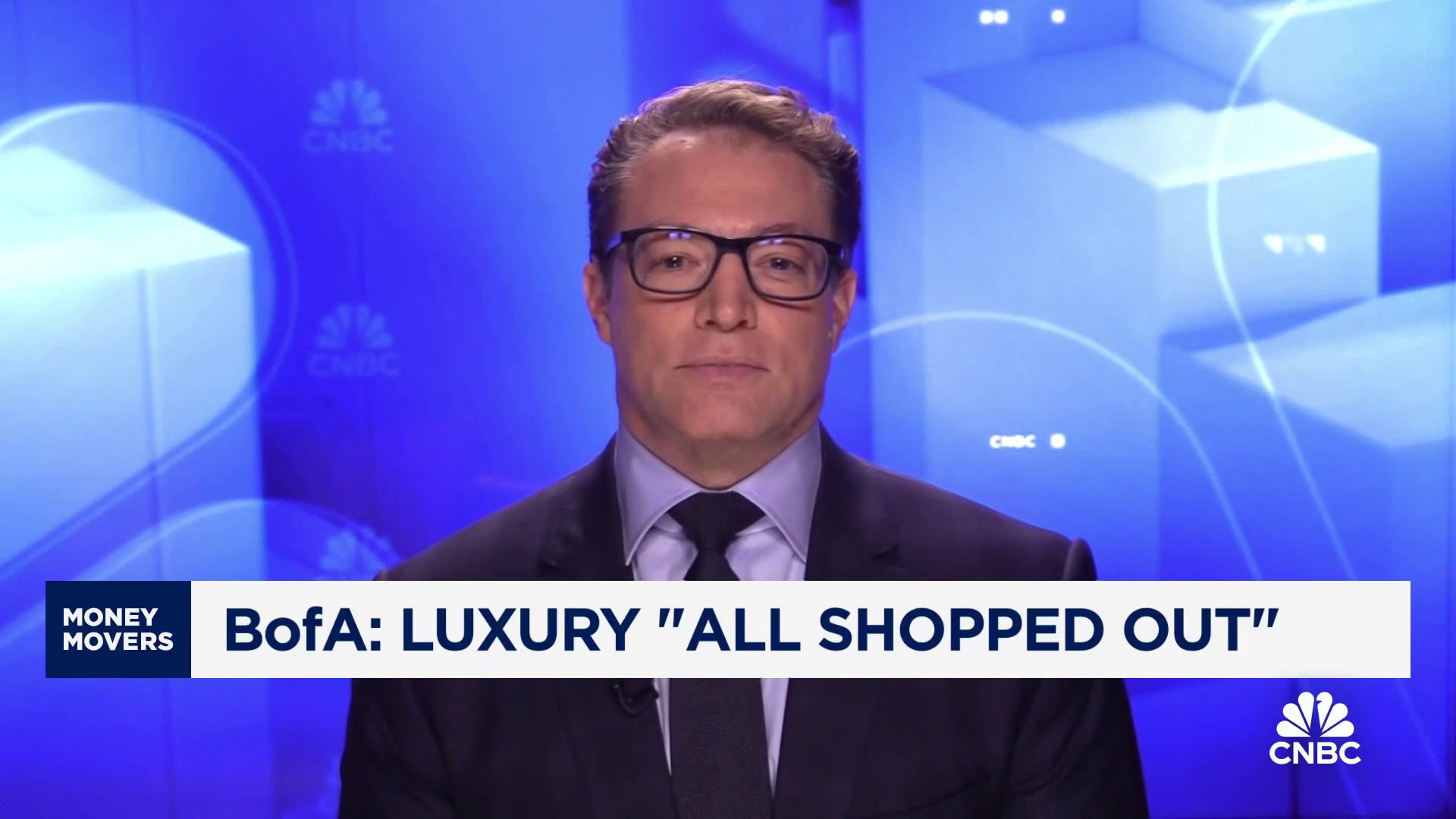
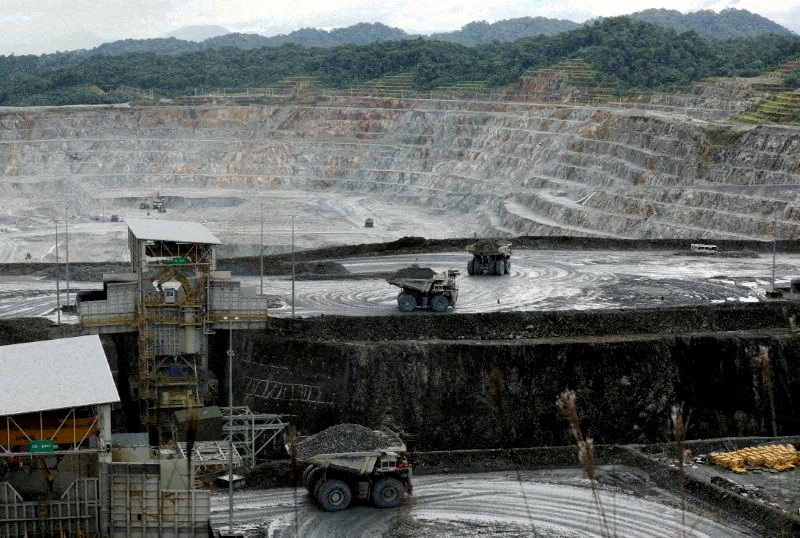
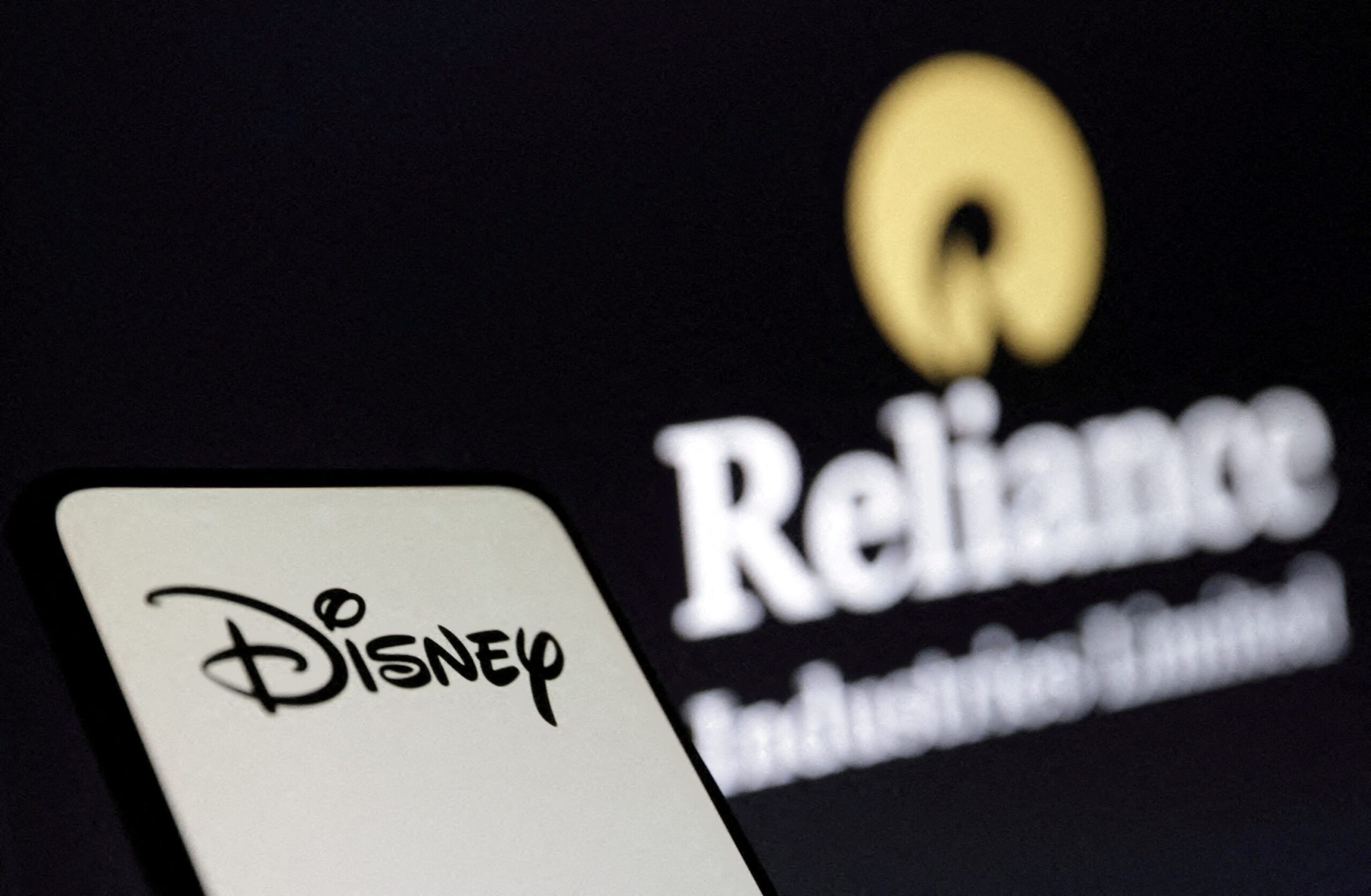
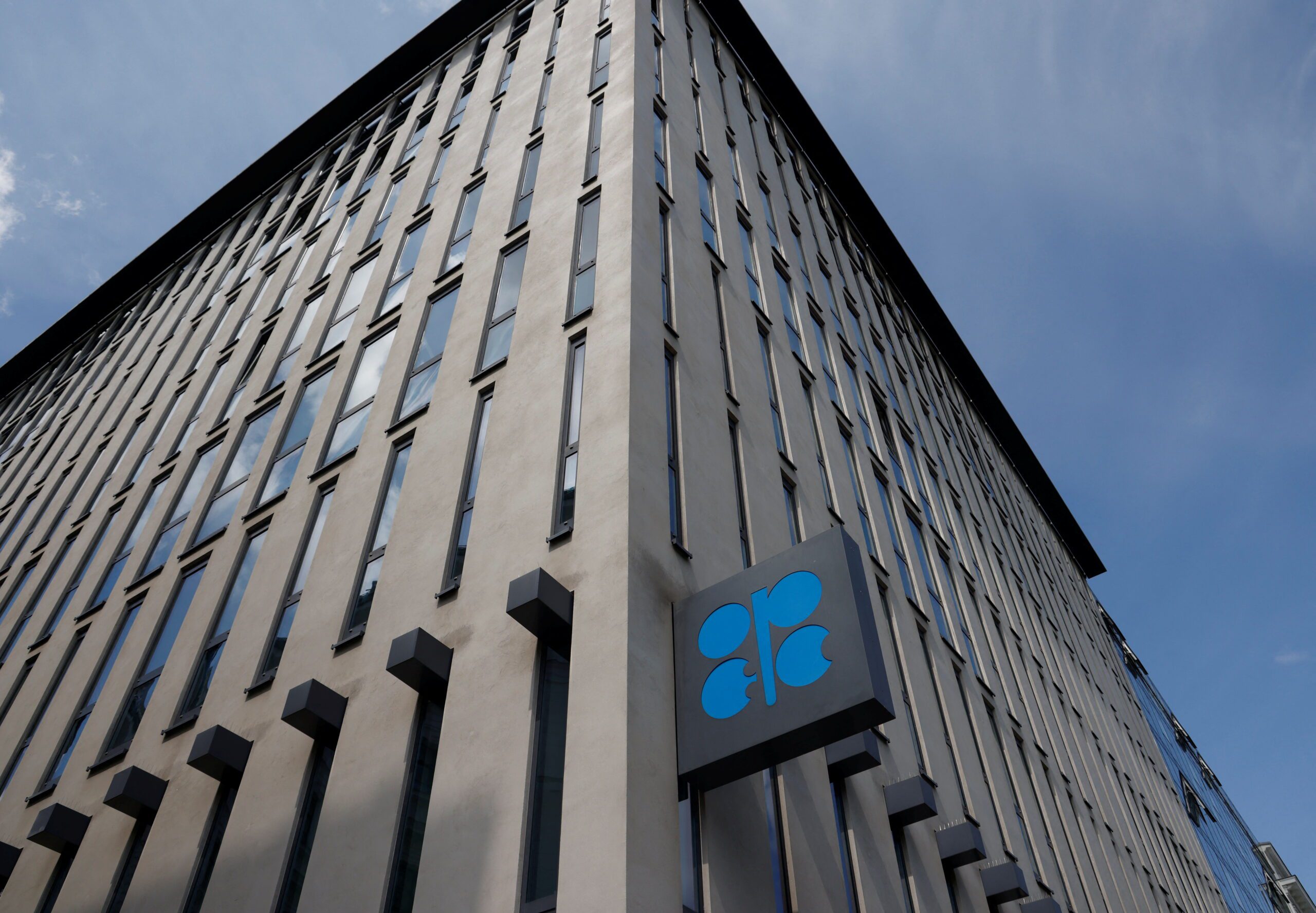
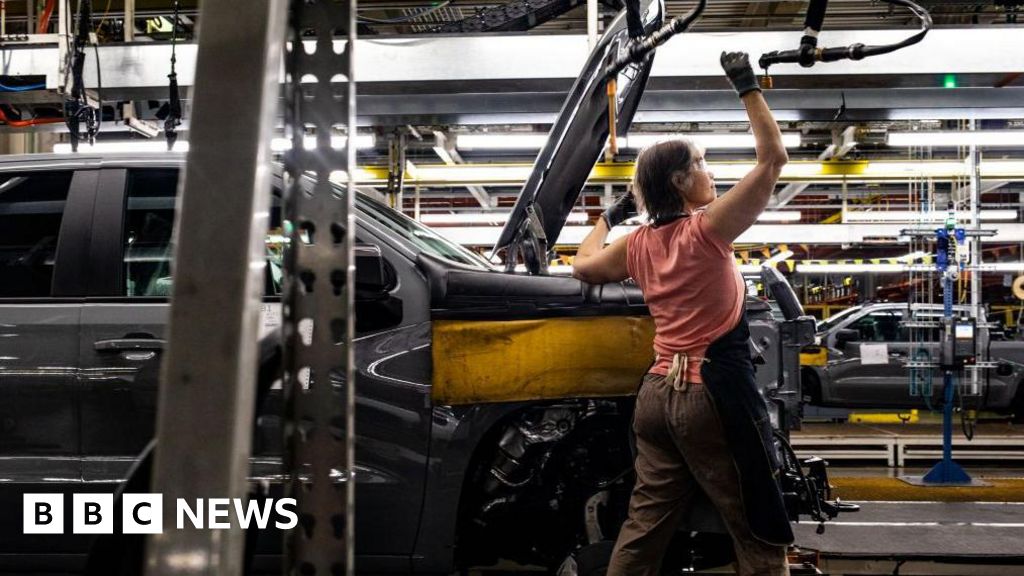










































































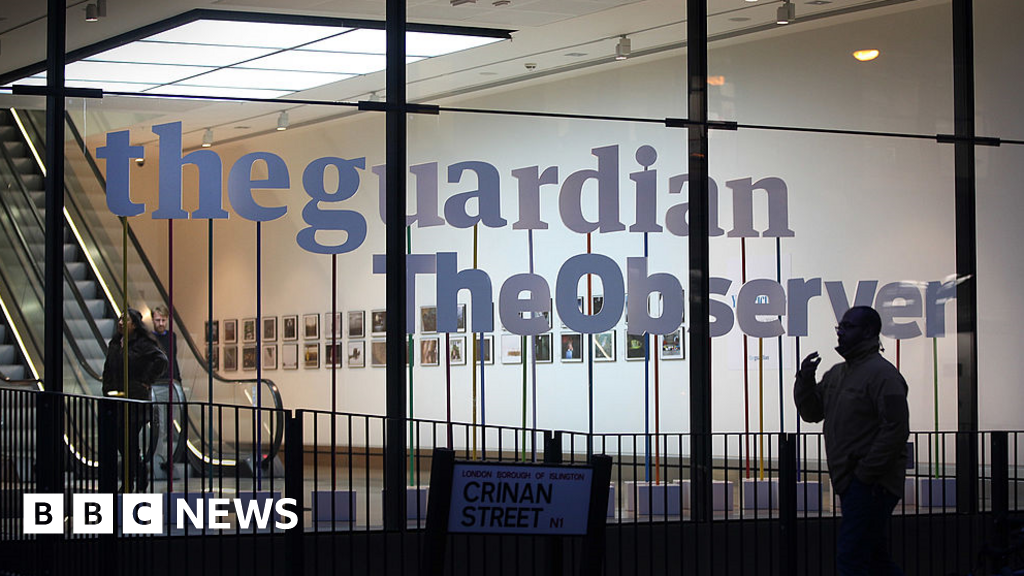


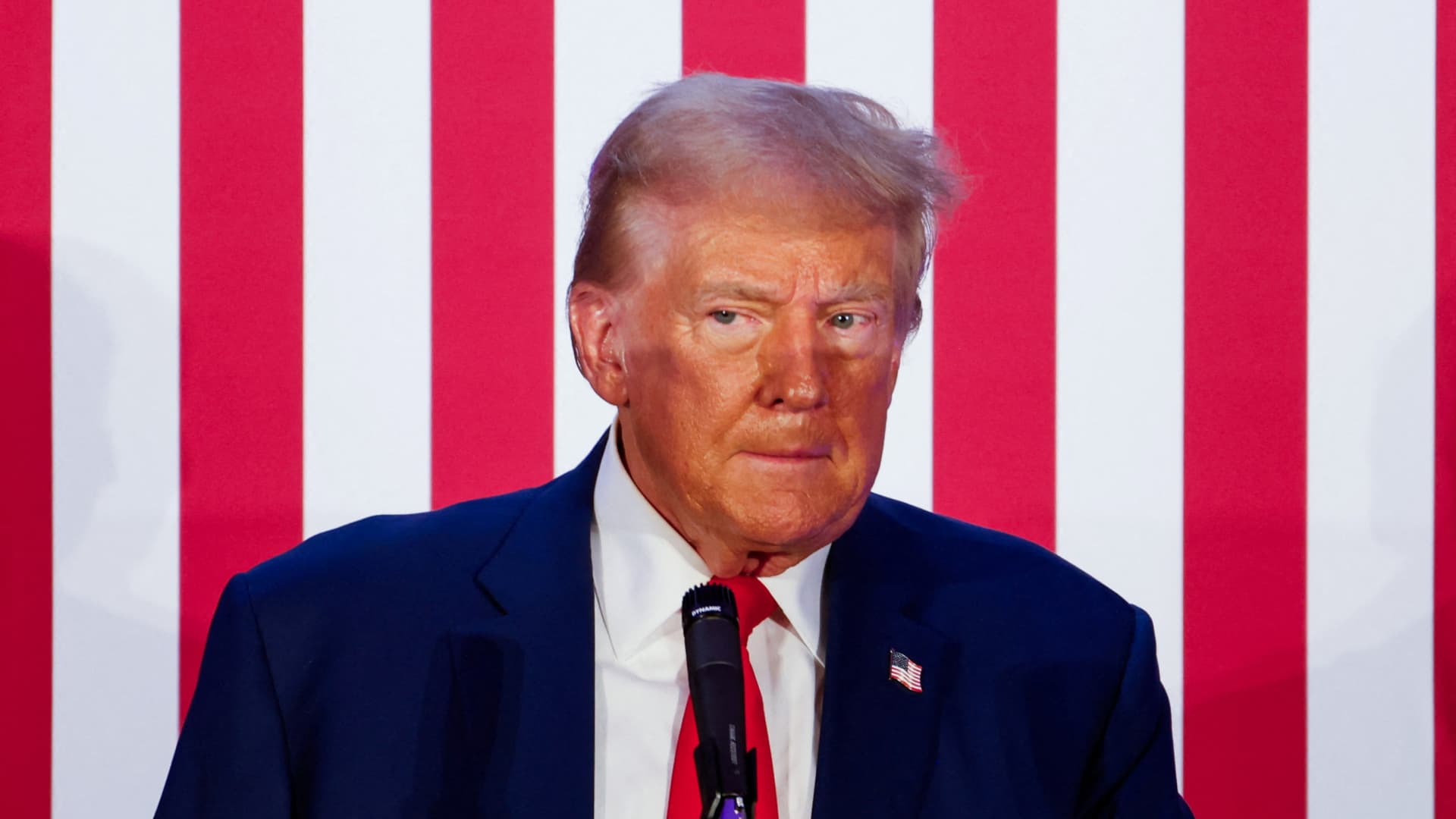




















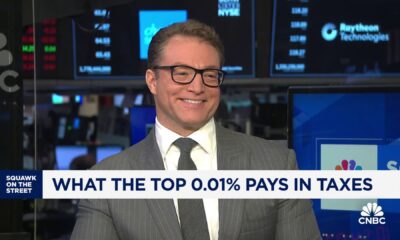









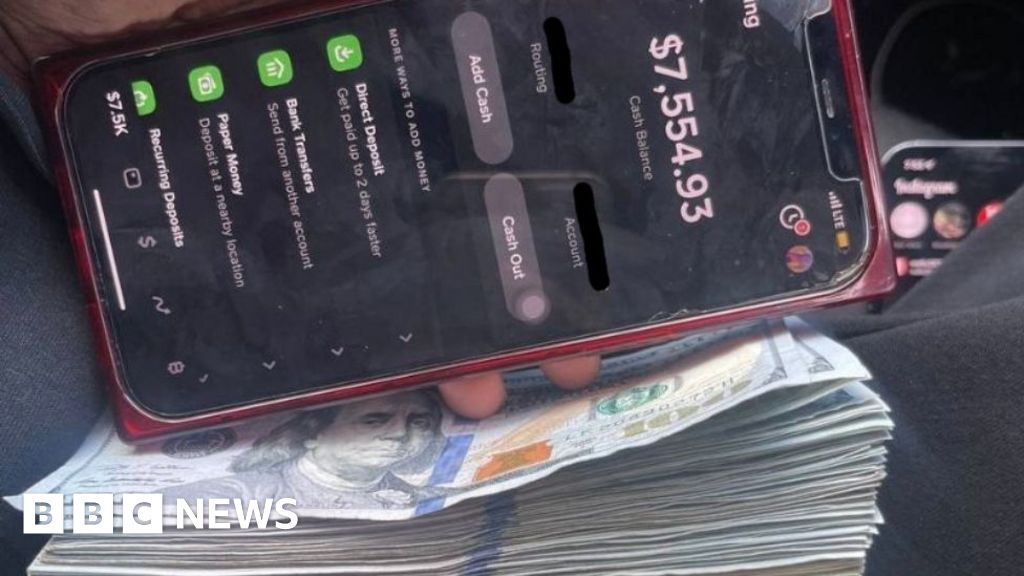







You must be logged in to post a comment Login